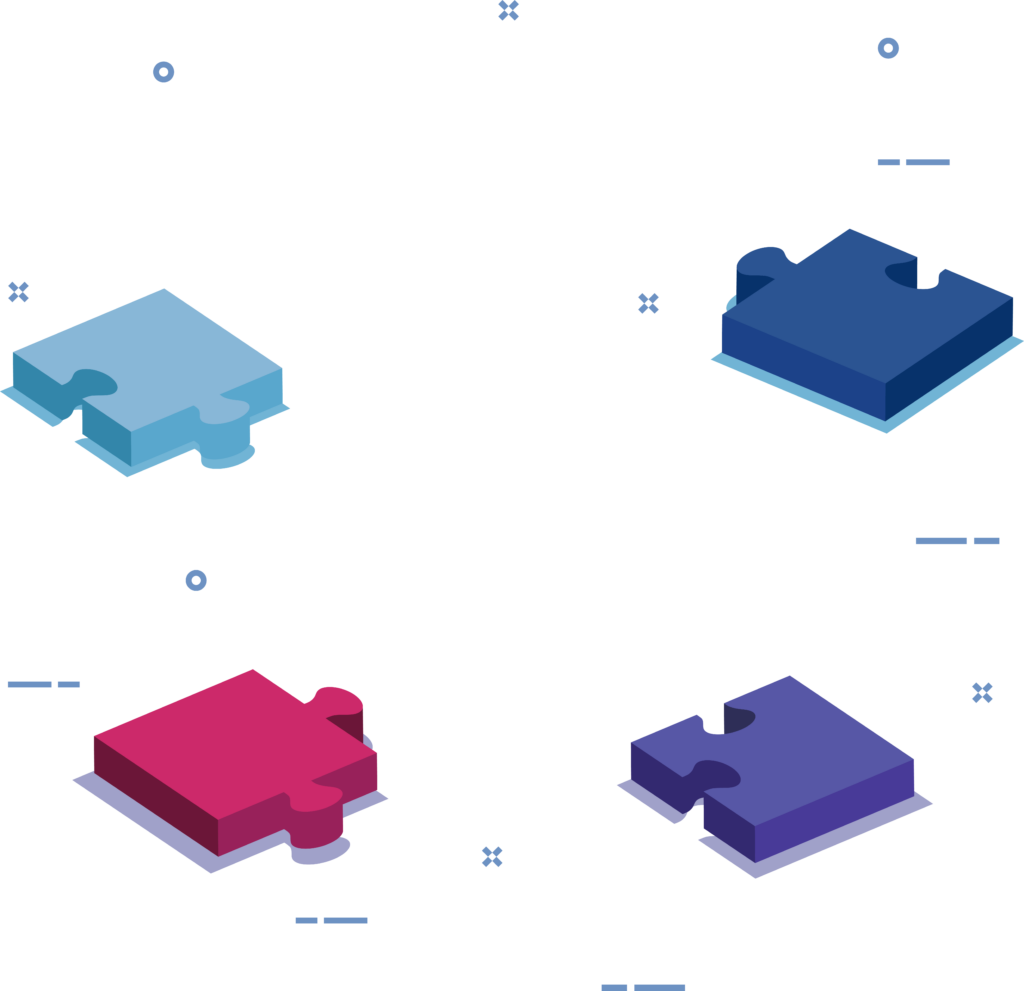Goals


The National Commission for UNESCO, which is the liaison body of the Islamic Republic of Iran with UNESCO headquarters in Paris and its regional offices, has legal personality and the following objectives:
Participation in UNESCO activities to establish peace and create mutual understanding among nations through the dissemination of knowledge and awareness and efforts to spread culture and education, efforts to establish, preserve and expand justice, freedom and fundamental rights of human beings inspired by Islamic principles and UNESCO objectives through cooperation with UNESCO Central Organization and its affiliated institutions, efforts to promote culture and human values and fight against moral corruption through intellectual exchange with experts in the field of religions and sects, education and ethics, efforts to enrich human thought through the dissemination and development of knowledge in order to promote human virtues, recognition of the diverse cultures of societies and introduction of Islamic culture and Iranian cultural heritage, generalization of education and also the fight against illiteracy as the main obstacle to intellectual excellence and cultural development through cooperation with UNESCO and aligned institutions, cooperation and coordination in creating a new communication system for the extensive exchange of information on a global scale and confronting the monopolization of global hegemonic powers in this field.
The main mission of the National Commission in the country is to identify gaps, focus forces on priority and crisis-causing areas of national and global importance, and avoid marginal efforts. The main focus of activities is to study and examine ideas, exchange information, and develop the country’s capabilities and capacities in the fields of education, science, culture, and communications according to international standards. The main strategy in guiding actions is the following: strengthening the connection between research and policymaking, identifying and determining successful policies, developing the country’s institutional and human capacities, and sensitizing the government and society to important and up-to-date global issues.
